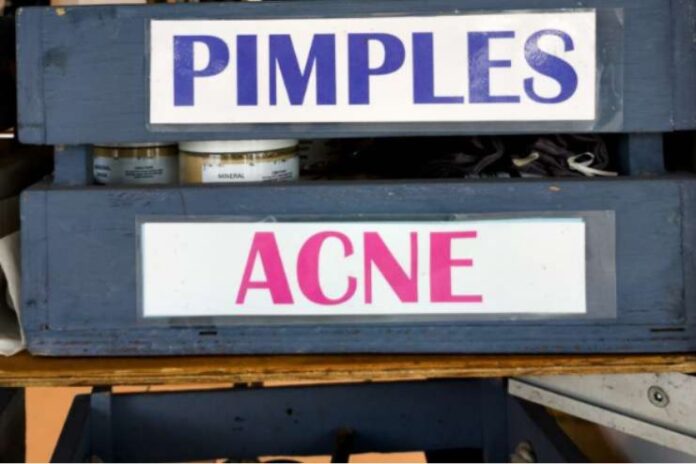Affiliate Disclaimer
Some links in this article are affiliate links. We may earn a small commission if you make a purchase through these links, at no extra cost to you. We only recommend products we find useful to our readersPimples and acne are typical skin issues that arise when oil, dirt, and dead skin cells block pores. Inflammation, bacterial infections, and excessive sebum production all contribute to breakouts, which can result in painful cysts, redness, and swelling. Acne can also be made worse by dietary changes, stress, hormonal fluctuations, and poor skincare practices.
Natural cures provide a kinder, longer-lasting method of skin healing than many commercial treatments, which contain harsh chemicals that can irritate or dry up the skin. In addition to treating acne, these treatments nourish the skin, lowering inflammation and hastening healing. These remedies are a safe option for anyone wishing to naturally attain clear, healthy skin because they are inexpensive, simple to apply, and free of adverse side effects.
Read More: Acne Scars 101: How to Treat Different Types of Scars Effectively
Effective Home Remedies for Acne and Pimples
1Tea Tree Oil
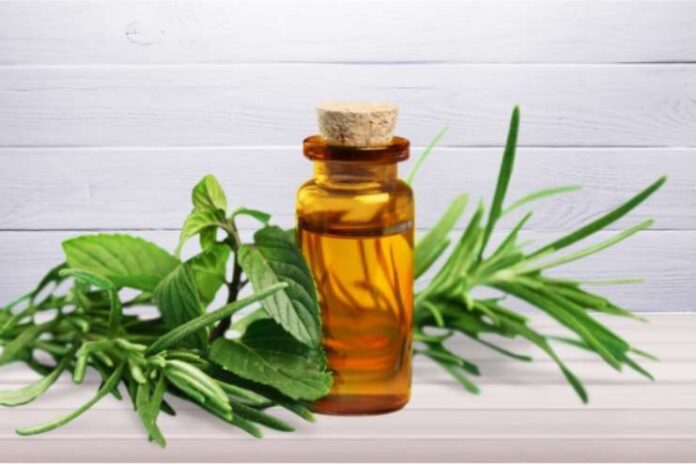
Studies have shown tea tree oil, a natural component, can effectively combat acne. Tea tree oil helps treat acne. But be careful when using it because it can irritate sensitive skin.
You can dilute it yourself by combining two drops of pure tea tree oil with twelve drops of witch hazel oil, or you can buy a product that contains diluted oil. Twice daily, apply the mixture to your face and other acne-affected areas.
Always do a spot test before applying any mixture to significant regions of your skin, and never use 100% tea tree oil.
2Green Tea
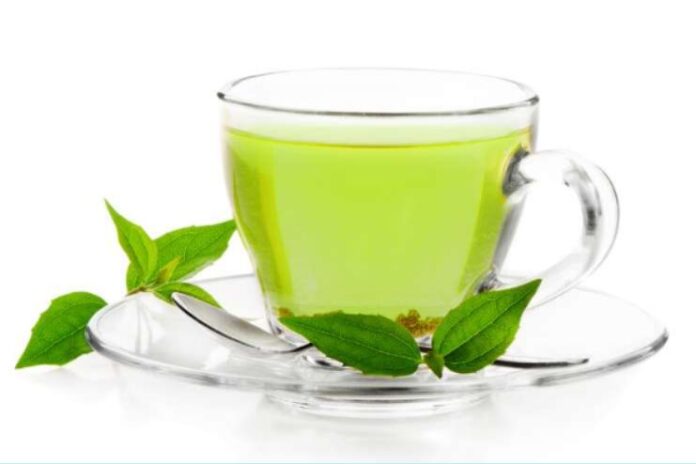
Green tea can also be used to treat acne in several ways. It contains epigallocatechin gallate, which is abundant in antioxidants and has excellent antibacterial qualities for the skin.
After immersing tea leaves in warm water, extract them into a honey concoction. Rinse after applying the solution to the face for twenty minutes. Additionally, you can grind the leaves into a powder and use it as a mask or sip the tea to see a change.
Read More: Acne Around the Mouth? Here’s What Your Skin Is Trying to Tell You
3Honey
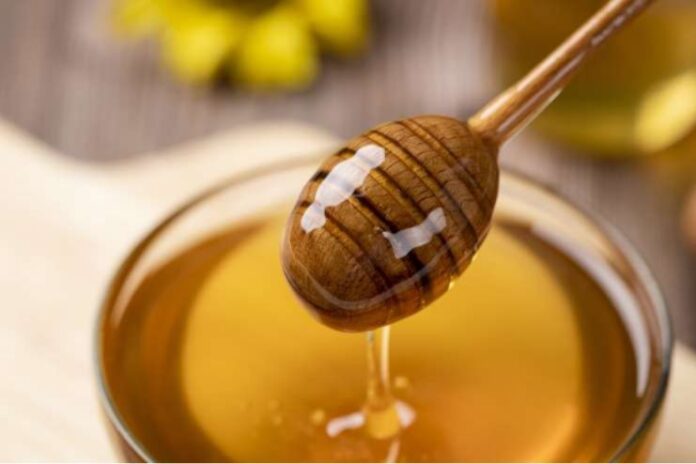
Honey has miraculous antibiotic properties and is effective even against acne and pimples. A mask pack may be made by mixing half a cup of honey with twice as much oatmeal and used on the face to treat superficial eruptions. Honey may also be used individually and rinsed off after some time to get an oil-free and fresh look instantly.
4Aloe vera
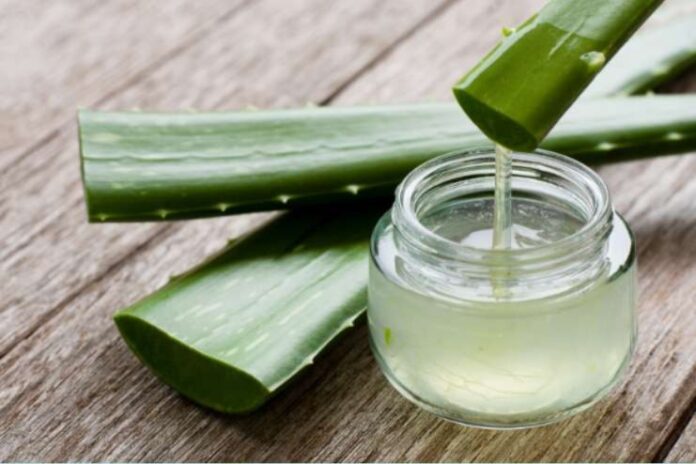
The aloe vera plant’s gel is well known for its ability to soothe skin. A standard treatment for sunburns and minor cuts on the skin is aloe vera. Due to its anti-inflammatory qualities, people also use it to treat acne. It can soothe an inflamed, red pimple.
Regretfully, aloe can only treat existing acne; it cannot prevent future breakouts. Aloe vera is generally very safe to use as a topical skin-calming therapy.
Read More: Do’s and Dont’s before and after facial
5Echinacea
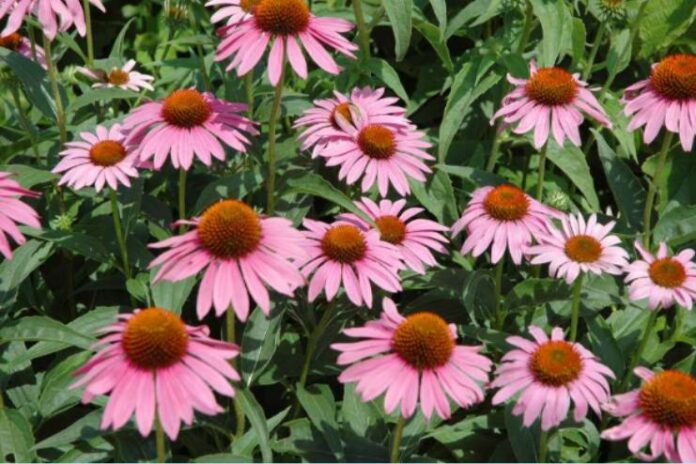
It is a small genus of North American, coarse, perennial herb mentioned in folklore for hastening wound healing and acting as a preventive against cold and flu.
Echinacea’s antibacterial and anti-eruptive properties may also treat acne and pimples. Using It as a face wash may greatly benefit your skin, eliminating blemishes and inflammations.
6Cucumber Face Mask
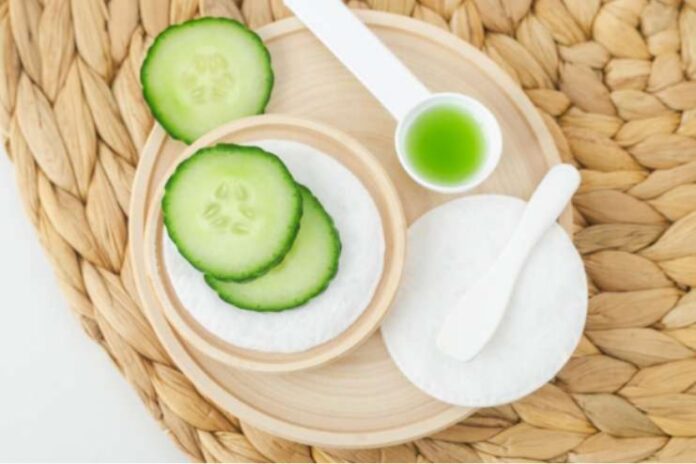
If you’ve ever visited a spa, cucumber slices are applied to your eyes to relieve puffiness. This is not a fake procedure. Cucumbers can soothe the skin by lowering discomfort, edema, and inflammation. As a result, they can reduce inflammation, mainly related to acne.
Blend one cup of oatmeal with a tiny cucumber to create a paste. Apply one teaspoon (tsp) of this mixture to your face after combining it with 1 tsp of plain yogurt. Rinse after 30 minutes after leaving it on.
Read More: Fungal Acne vs. Bacterial Acne: Spot the Difference and Treat Effectively
7Apple Cider Vinegar
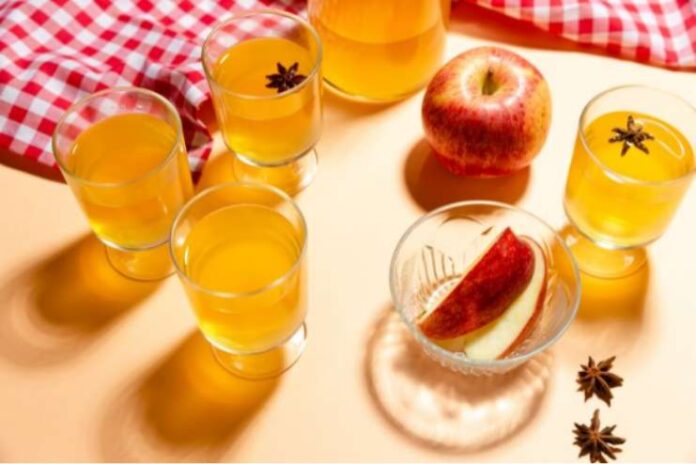
One excellent natural treatment for acne is apple cider vinegar. Numerous organic acids in it destroy microorganisms that cause acne. As dead skin cells are removed, smoother and healthier skin will be shown. Use a cotton ball to apply the apple cider vinegar to the skin and let it sit for fifteen minutes. Then, rinse it off.
This natural therapy effectively treats acne, lessens, and even eliminates the possibility of acne-related scarring.
8Facial with Oatmeal
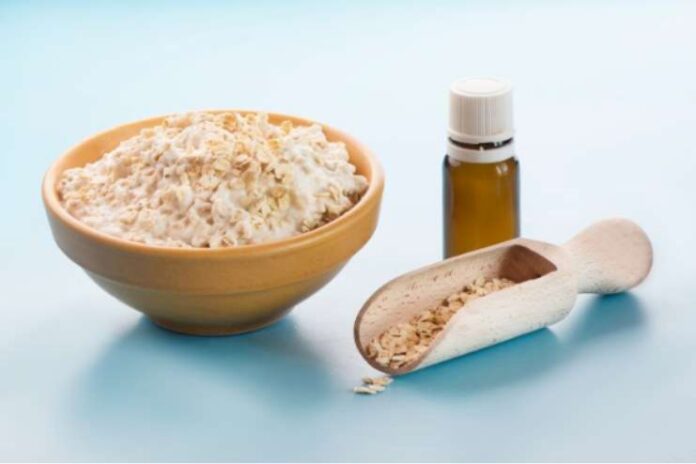
Oatmeal has anti-inflammatory, moisturizing, and skin-protective properties. Although it can help calm dry, irritated skin, it is not particularly useful for treating acne.
Combine 1 tsp baking soda, 2 tsp oats, and enough water to make a paste. Apply the paste evenly on your face, then gently massage it in. Be careful not to exfoliate too much. Rinse well afterward.
Read More: 15 Natural Remedies For Old Scars – Fasten The Healing!
9Zinc
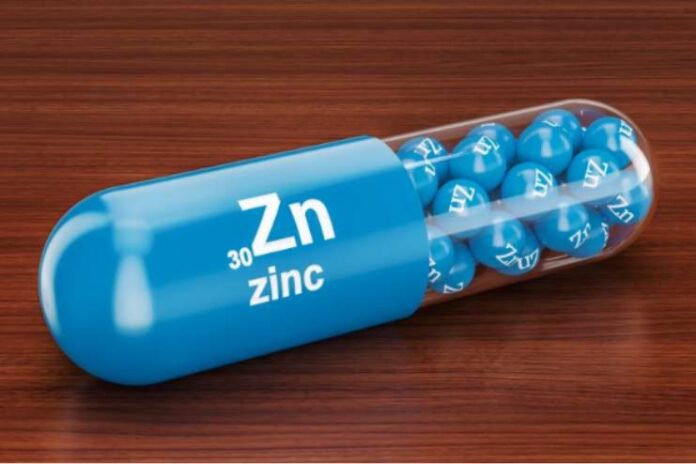
Another acne treatment that has scientific backing is zinc. Zinc can help with acne, according to a study of multiple studies. Evidence suggests that topical zinc can assist with mild acne by balancing the oil in your skin.
Zinc supplements can also encourage clear skin, but consult your doctor before taking any vitamins or herbs.
Tips to Prevent Acne Naturally
Adopting a balanced skincare regimen and lifestyle choices is more important for preventing acne than simply treating breakouts.
- Staying hydrated is one of the most straightforward yet efficient strategies for avoiding acne. Drinking lots of water flushes out impurities, keeping your skin moisturized and clear.
- A diet high in nutrients is also essential. Meals rich in omega-3 fatty acids, antioxidants, and vitamins A, C, and E can help heal skin and lessen inflammation. Avoiding processed foods and too much sugar can also reduce breakouts.
- Avoid bringing dirt and bacteria onto your face; keep your hands away from your face.
- Regular exfoliation and a mild cleanser eliminate dead skin cells and extra oil, avoiding plugged pores.
Read More: 12 Ways To Use Castor Oil For Acne And Better Skin
Conclusion
Home treatments for acne do not use harsh chemicals and provide a safe, all-natural, and efficient alternative to getting clear skin. These treatments are appropriate for all skin types because they are simple and kind to the skin.
However, patience and persistence are necessary to get long-term outcomes. Maintaining good skin care practices and following a regimen is crucial because natural therapies take time to provide noticeable results. These treatments will work even better with enough hydration, a healthy diet, and a rigorous skincare regimen.
Which home acne treatment are you most eager to try first? Have you previously used any of these? We would love to hear your opinions and experiences; please share them in the comments below!
-
July 2016Written by Abhro Bhattacharjee
-
Feb 2025Edited by Ankita
References
- https://health.clevelandclinic.org/home-remedies-for-acne
- https://newsnetwork.mayoclinic.org/discussion/home-remedies-all-about-acne/
- https://www.medicalnewstoday.com/articles/322455
- https://www.everydayhealth.com/skin-and-beauty/home-remedies-for-acne.aspx
- https://pmc.ncbi.nlm.nih.gov/articles/PMC10295805/
- https://www.news-medical.net/health/Natural-Treatments-for-Acne-that-Work.aspx
- https://pmc.ncbi.nlm.nih.gov/articles/PMC4120804/
- https://www.hubbardyoungpharmacy.com/5-effective-natural-remedies-for-teen-acne/
In this Article













